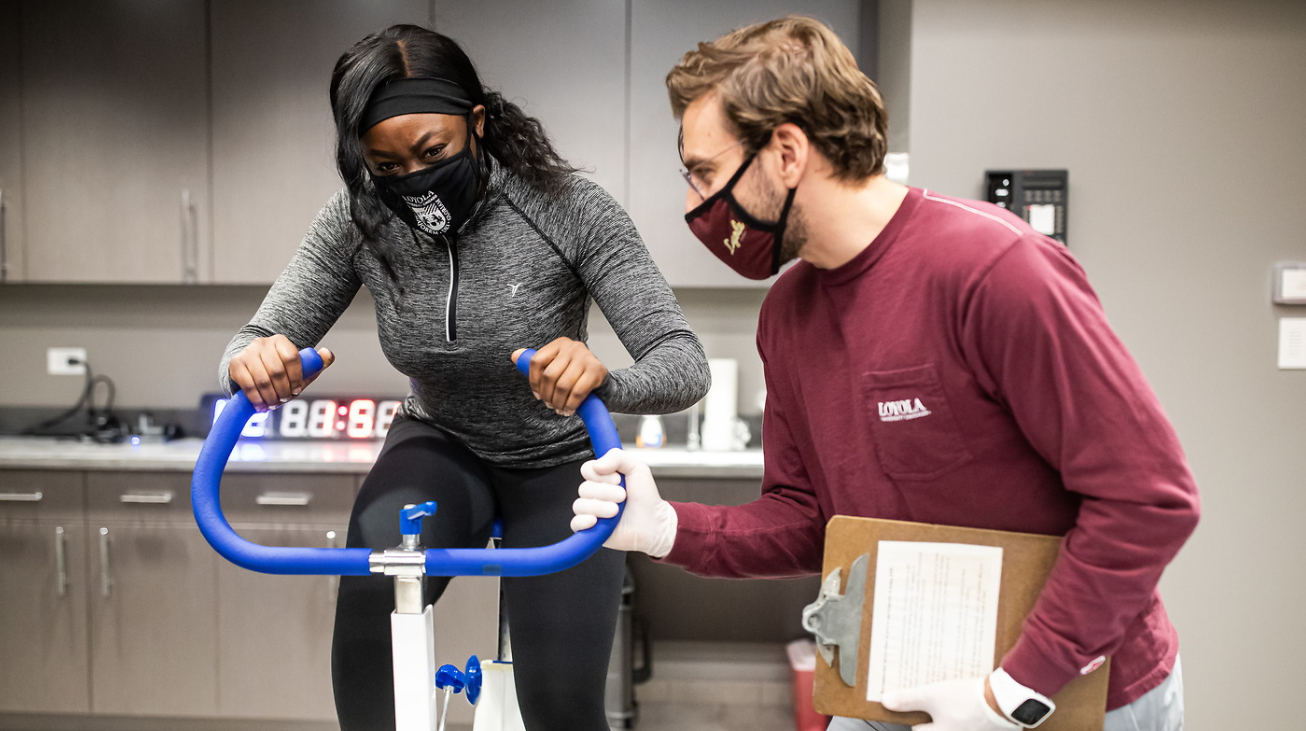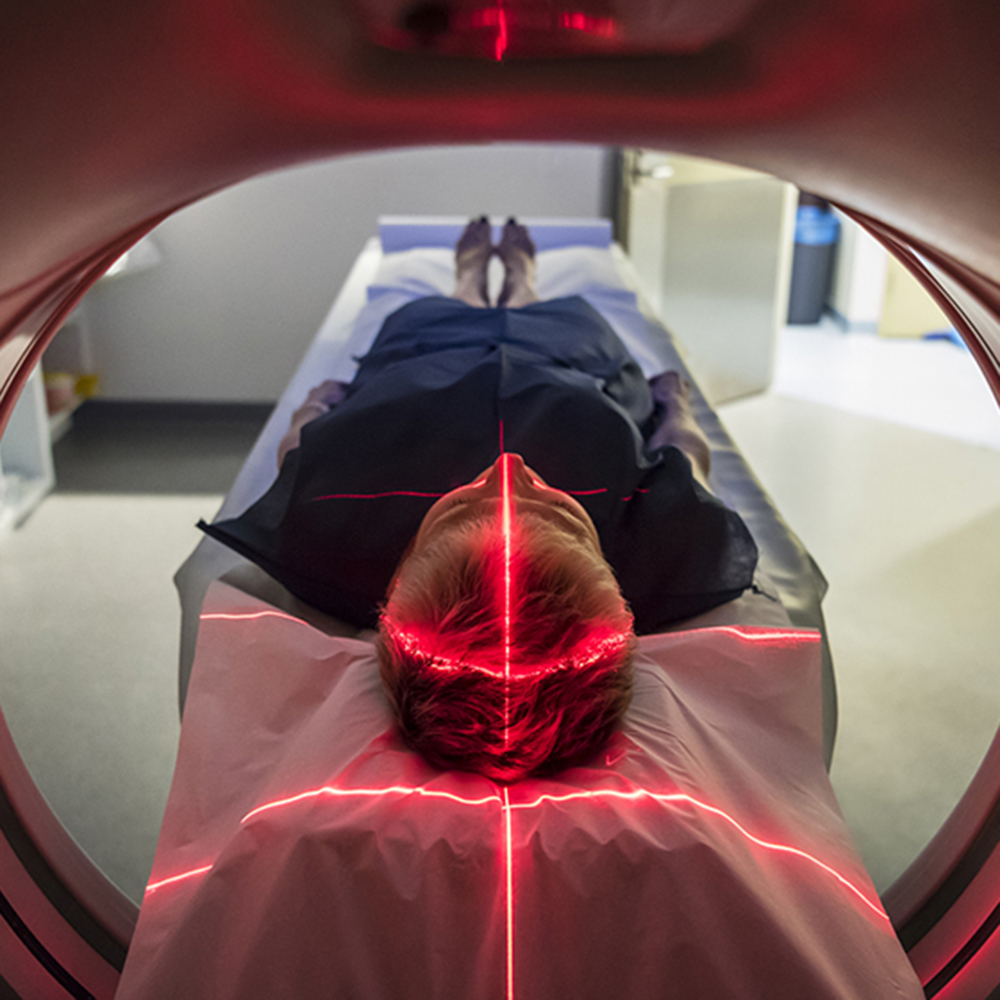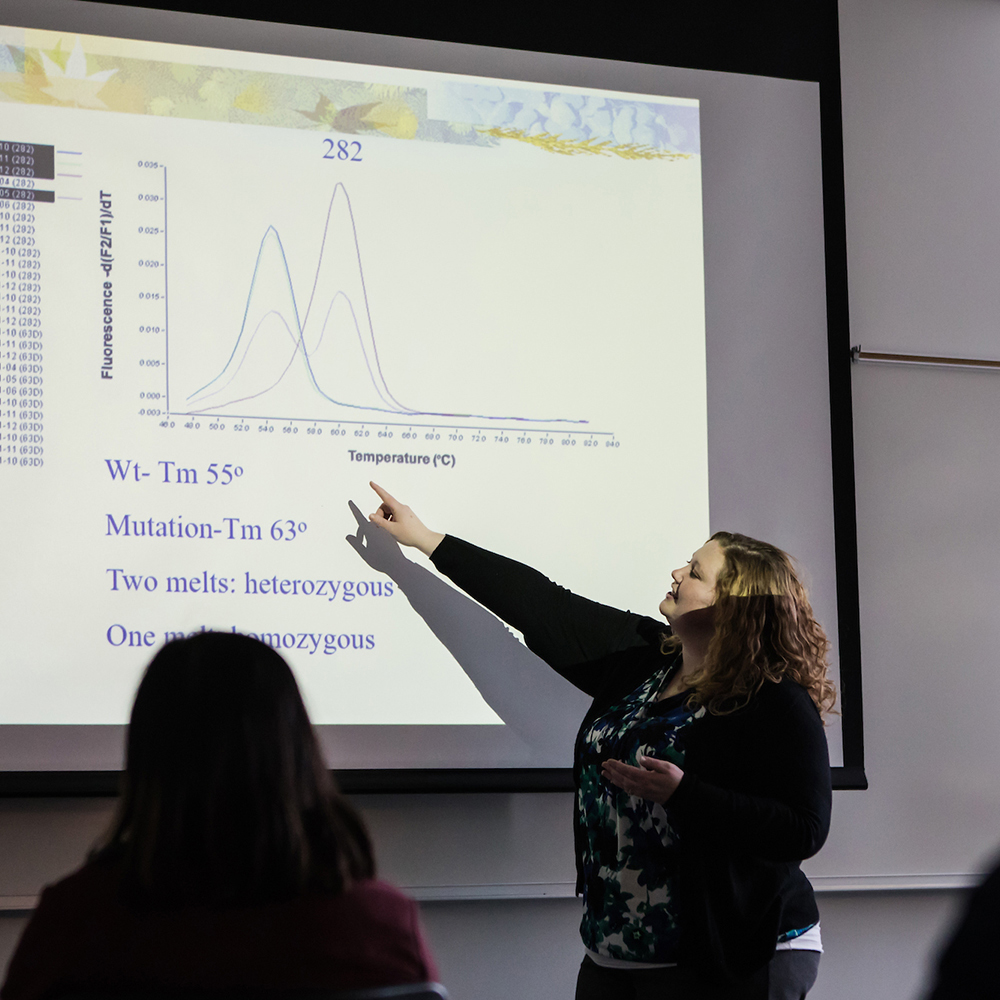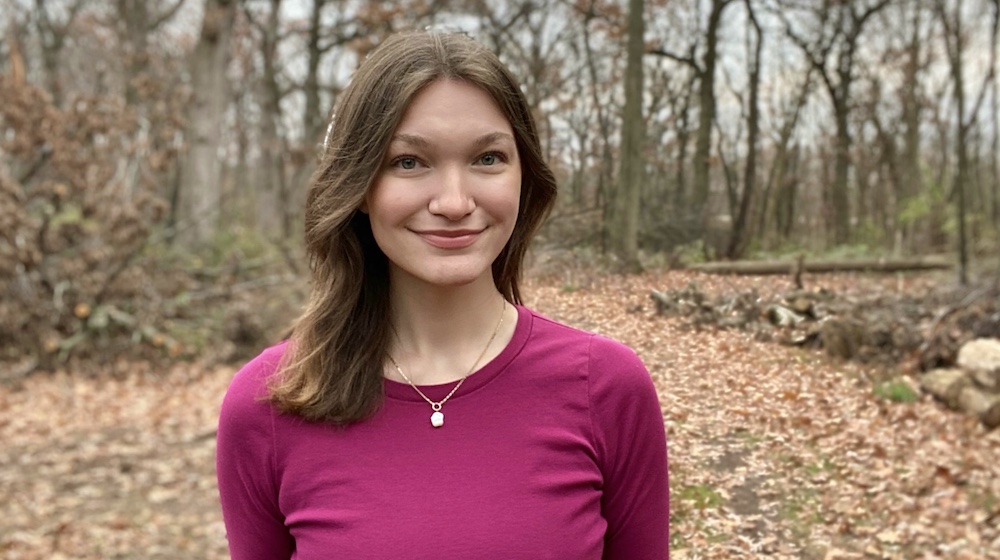
Applied Health Sciences
Applied Health Sciences
Health Sciences. Applied.
At its heart, Applied Health Sciences is foundational and collaborative. Our faculty and students engage in research to advance knowledge in their fields with the goal of improving lives through better health. Like the department’s disciplines, our research addresses timely needs in communities near and far—from laboratories to local neighborhoods. By bringing all these disciplines within one department and within one school, we foster essential partnerships, collaborative research, and interdisciplinary teaching and learning that brings a positive impact to human health.

“ Although we don’t see a patient’s face, each sample that comes in is a person” says instructor Kristen Pesavento. “We know there is someone behind these results, every single test, every patient, every day. ”
RESEARCH HIGHLIGHTS

INVENTING A SOLUTION
Medical Physics Program Director John Roekse and team receive patent approval for their invention, Phantoms and methods of calibrating dual energy imaging systems therewith.

HUMAN PERFORMANCE LAB
The newest addition to the Exercise Science program, the Human Performance Laboratory is located in the Alfie Norville Practice Facility, a state-of the-art training center for Loyola Athletics, offering students the unique opportunity to work directly with student-athletes.

URBAN GARDEN CONNECTION RESPONDS TO COVID-19
A team of Parkinson faculty secure funding through Loyola’s Health EQ Collaborative and Center for Health Outcomes and Informatics Research (CHOIR).
PARKINSON VOICES



"Given the increased attention being paid to racial justice today, having population-based data to highlight the entrenched disparities is critical. However, it is even more important to ground this data in a historical perspective, acknowledging the deep-rooted social factors that have caused the "unfair and unjust" differences we still see." DR. MAUREEN BENJAMINS
ASSISTANT PROFESSOR
STORIES & SPOTLIGHTS
Our diverse faculty bring expertise as registered dietitian nutritionists, exercise scientists, medical laboratory scientists, pathologists, and radiologists. Among their current research pursuits: developing COVID-19 lab procedures, understanding physical activity patterns of people living with disabilities; evaluating the effectiveness of lifestyle interventions on cancer survivorship, and strengthening access to healthy food. Each one is dedicated to the success of every Parkinson student.



DEPARTMENT SPOTLIGHT

Student Spotlight
As a Parkinson Scholar, Amanda is dedicated to using her education to reduce health disparities and improve health outcomes in her community. Learn how she plans to use her Master of Science in Dietetics to do just that. Read more.
